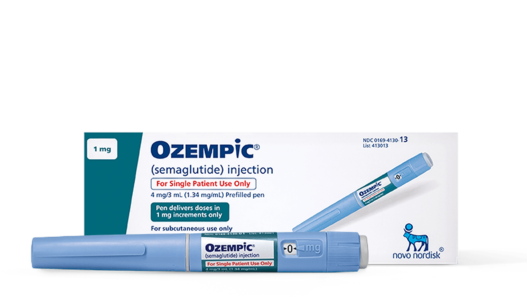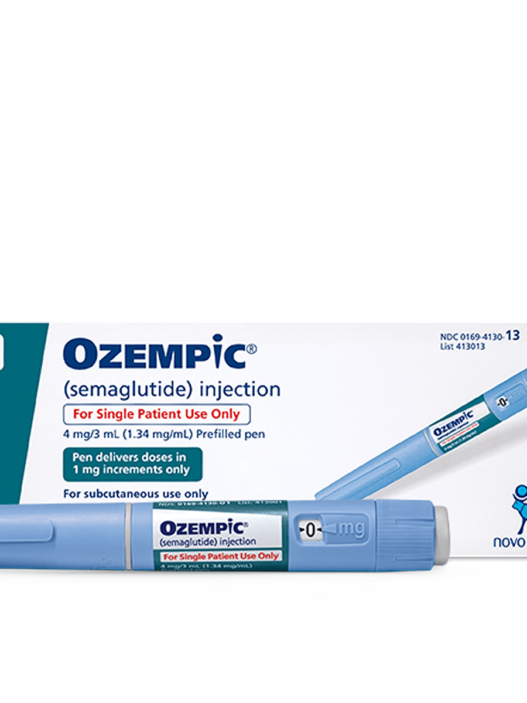what is the best injection for weight loss? One increasingly popular option is injectable medications. We will explore the most effective injections available, their mechanisms, and important considerations for potential users.
Understanding Weight Loss Injections
Weight loss injections primarily include medications that help control appetite, increase feelings of fullness, and improve metabolic processes. These injections are often prescribed for individuals struggling with obesity or those who have not achieved desired results through lifestyle changes alone.
The Best Injections for Weight Loss
Several injectable medications have gained attention for their effectiveness in promoting weight loss. Here are the leading options:
Mounjaro (Tirzepatide)

Mounjaro is a newer medication that has shown promising results in clinical trials, with participants losing up to 22.5% of their body weight over 72 weeks. It works by mimicking hormones that regulate appetite and glucose metabolism.
Wegovy (Semaglutide)

Approved by the FDA specifically for weight management, Wegovy has been shown to help users lose an average of 15% of their body weight over 68 weeks. It suppresses appetite and enhances feelings of fullness.
Saxenda (Liraglutide)

Saxenda is another FDA-approved injection for weight loss, helping individuals lose around 5% to 10% of their body weight. It works similarly to Wegovy by mimicking hormones that regulate hunger.
Ozempic (Semaglutide)

Originally developed for managing type 2 diabetes, Ozempic is often prescribed off-label for weight loss. It has shown effectiveness in reducing body weight, although it is not FDA-approved specifically for this purpose.
Zepbound

This medication is also gaining traction for weight loss, similar to Mounjaro, and is noted for its dual-action mechanism that targets multiple hormones involved in appetite regulation.
How Do These Injections Work?
Most weight loss injections, particularly GLP-1 agonists like Wegovy and Saxenda, work by mimicking the effects of incretin hormones. These hormones are released in response to food intake and help regulate appetite and insulin secretion. By enhancing feelings of fullness and reducing hunger, these injections can lead to significant weight loss when combined with a reduced-calorie diet and increased physical activity.
Pros and Cons of Weight Loss Injections
Pros
- Effective Weight Loss: Clinical studies have shown that these injections can lead to substantial weight loss, particularly when combined with lifestyle changes.
- Appetite Control: They help reduce hunger and increase satiety, making it easier to adhere to a calorie-restricted diet.
- Improved Metabolic Health: Many of these medications can improve metabolic markers, such as blood sugar and cholesterol levels.
Cons
- Side Effects: Common side effects include nausea, vomiting, diarrhea, and abdominal pain. Some individuals may also experience more severe reactions.
- Cost: These medications can be expensive, often exceeding $1,000 per month, and may not be covered by insurance unless prescribed for specific medical conditions.
- Need for Lifestyle Changes: While effective, these injections work best when combined with a healthy diet and regular exercise.
Who Should Consider Weight Loss Injections?
Weight loss injections are typically recommended for individuals with a BMI of 30 or higher, or those with a BMI of 27 or higher who have weight-related health issues, such as diabetes or hypertension. A consultation with a healthcare provider is essential to determine if these injections are appropriate based on individual health profiles and weight loss goals.
Conclusion
In summary, the question what is the best injection for weight loss? can be answered by considering several effective options, including Mounjaro, Wegovy, Saxenda, and Ozempic. Each of these medications has shown promise in promoting weight loss, particularly when combined with lifestyle changes. However, potential users should weigh the benefits against possible side effects and costs. Consulting with a healthcare professional is crucial to finding the best approach tailored to individual needs and health conditions.





















